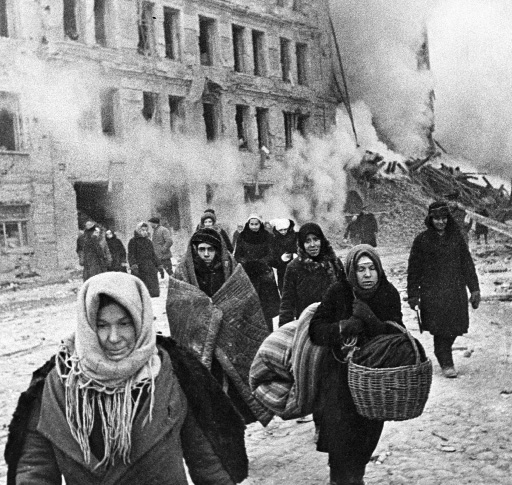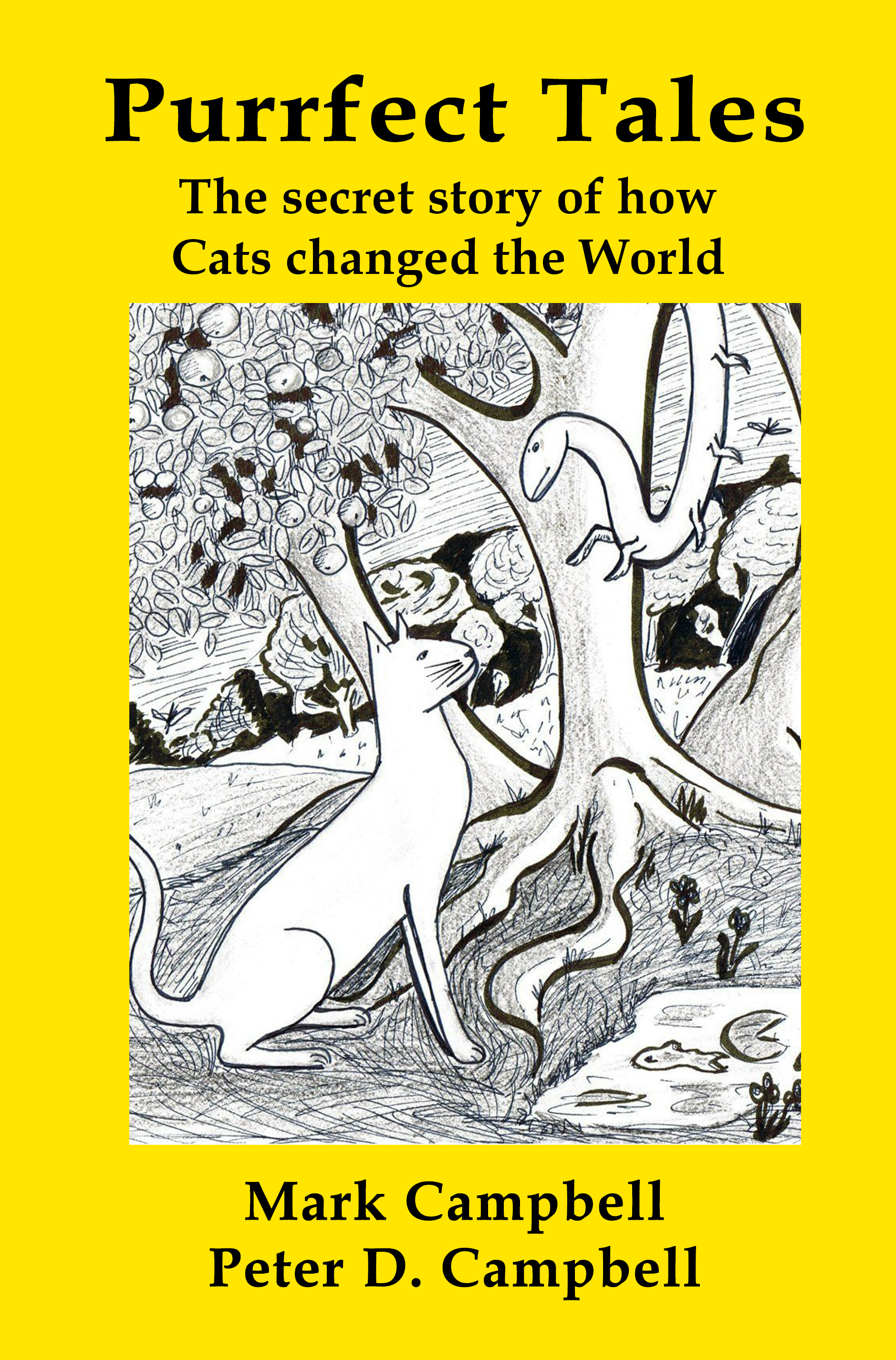Vera Miranova is an active woman with a true zest for life. It was a zest that she has always had and she attributes to surviving the worst blockade of the twentieth century. On Saturday night about 50 guests from the Russian community met at Abberley Park Hall to honour their World War 2 veterans and pay homage to those who had fallen.
New Zealanders sailed in dangerous North Sea convoys to Murmansk providing supplies to Russian troops who took heavy casualties fighting against the Germans. Three survivors that have since settled in Christchurch spoke of their experiences of war.
“The youth of today cannot imagine what they went through,” said Nikolay Zvyagin, a historian who spoke to the audience about the war.
“I was seven years old at the start of the war,” said Vera Miranova. “My father was killed in the first week of the Finnish campaign.
“The siege of Leningrad began on September 8, 1941. We were heavily bombed during the first month and in that month we lost almost all of our food. Later, in September-October children were given 125 grams of stolid, black bread a day and workers were given 350g. In our family we couldn’t grow any food ourselves, we only had a little bit of cabbage and some potatoes. Famine came quickly.
“Winter came. It was very cold. We had no heating. Ice hung from the ceiling. People very quickly started to die. The first to die in November was my uncle’s eldest daughter, Valentina. She was 17. Her mother and middle daughter lay sick for a long time and died in December. I remember how my cousin Mariyan cried before dying, ‘Give me even just a little piece of bread, just a little before I die.’ And my mother gave her bread. Later she died.
“I was the most active in my family. I rose at 5am and stood in a queue for bread until 9am to receive the 125g of bread per person. I then went for water at the Malaya Neva. And there women would draw up water on their knees and poured water for me and I went home by myself – a very long, difficult trip. Often I saw people walking along and collapsing. And later, in the evening no one had removed them. And at night people would take them. Cannibalism was widespread. No one wrote about it. In Leningrad more than 1000 cases of cannibalism were recorded. My brother was one of the victims.
“It was spring in 1942 and he was sitting in the sun by the window when a woman came up to him and asked him, ‘Little boy, would you like something to eat?’
“We got a letter a year later about a housemaid who had been arrested. The remains of more than 50 children’s heads were found in her bathroom. Among the clothes were those of Tolya, my brother.”
“I was the only one to survive in my family.”
Vladimir Kirilovich was 16 when the Germans invaded Russia. His school was closed and he worked until he was 17 and volunteered for the army. In 1943 he participated in the Baltic campaign towards Königsberg. As a junior lieutenant he was assigned a platoon with 48 men. “By the end of the first year we were down to 22 to 24 soldiers.” He described experiences trying to hold off German troops with only eight of his men surviving.
He later transferred to military intelligence. In the course of his service he was wounded three times and was recovering with wounds to his leg and hip when Victory in Europe was announced in May 1945.
Amidst somber memories the evening also celebrated victory. Speeches were followed by singing, feasting, and dancing. “We are very proud of what we did during those years,” said Genrikh Vratsky, a military interpreter who was later taken prisoner by the Germans.
Read more, click here.
Copyright © Peter Campbell 2013, www.intrepid-adventure.com




